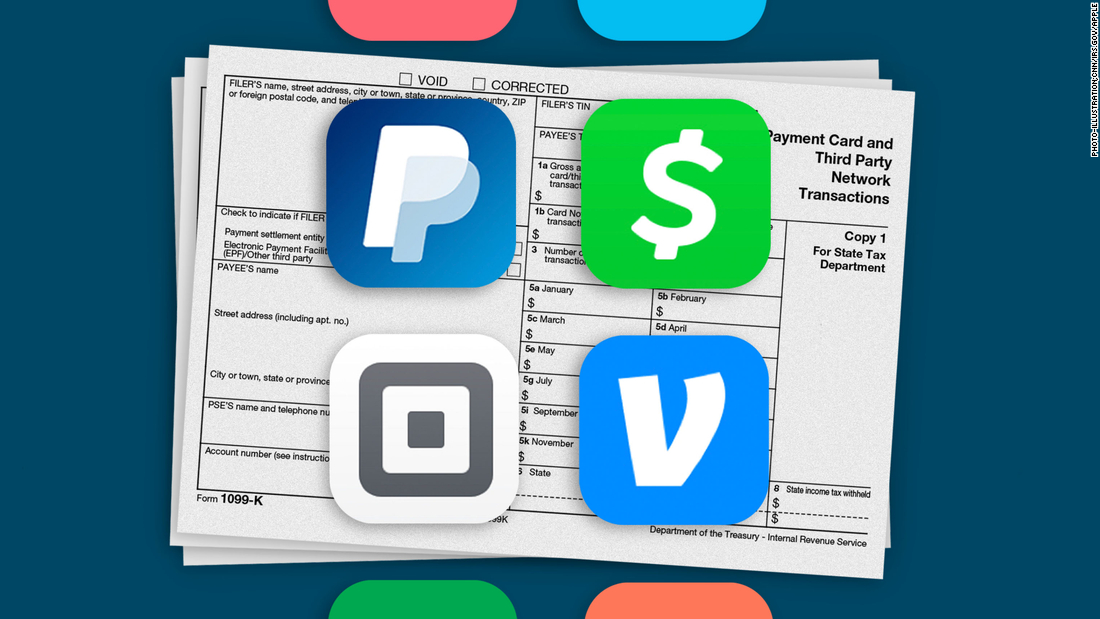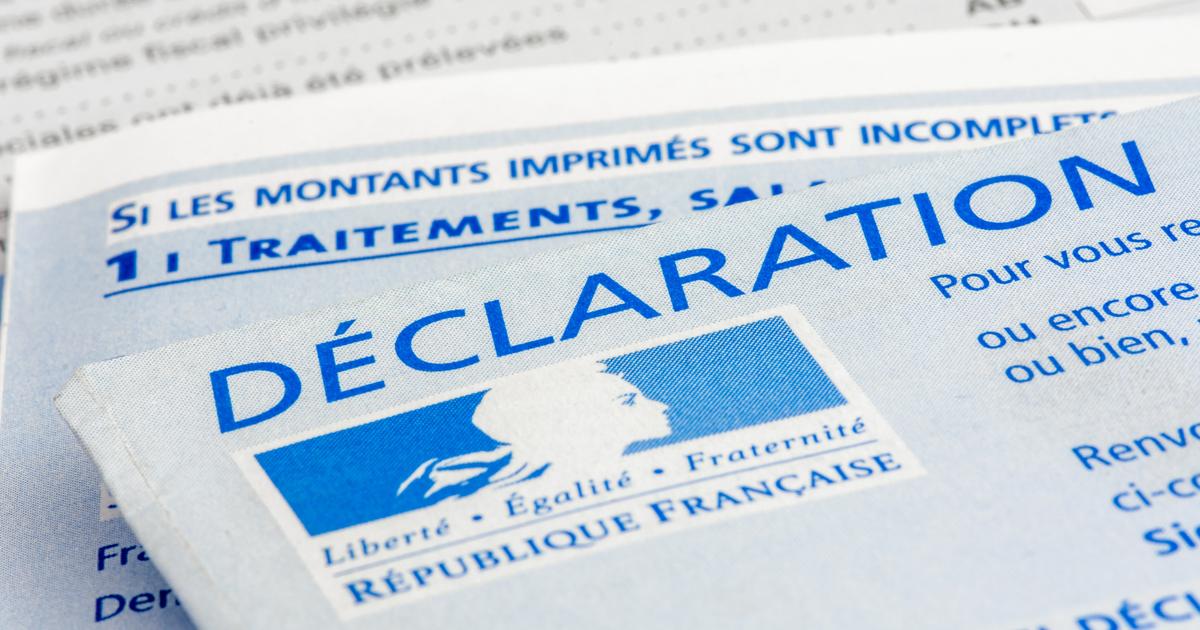The pandemic drives electronic payments in Latin America 21:11
(CNN Business) -
If you're among the millions of people who use payment apps like PayPal, Venmo, Square, and other third-party electronic payment networks, you could be affected by a tax filing change that goes into effect in January. .
Payment app providers will need to start reporting a user's business transactions to the Internal Revenue Service if they collectively amount to $ 600 or more during the year.
A business transaction is defined as the payment for a good or service.
Prior to this change, app providers only had to submit a 1099-K form to the Internal Revenue Service (IRS) if an individual account had at least 200 business transactions in a year and if those transactions combined resulted in gross payments of at least $ 20,000.
The expanded notification rule is the result of a provision in the American Rescue Plan, which became law earlier this year.
The ultimate goal of the provision is to curb undeclared income that could be taxable.
The pandemic drives electronic payments in Latin America 21:11
What has not changed
Keep in mind that the new filing threshold does not change your basic tax responsibilities.
The income you receive for a good or service, including tips, has always been reportable and, in many cases, subject to control.
And you've always been responsible for reporting them on your tax return, regardless of whether a third party submits the information to the IRS.
advertising
Nor does the rule change make other transactions suddenly taxable.
For example, the fact that your friend sends you money for Venmo to reimburse you for half of last night's dinner will not become taxable.
The biggest change is the increased visibility the IRS will have on business income transactions, both those that have always been reported by the recipient of the income and those that have not.
Why should I care?
In theory, the only people who should be concerned about the rule change are those who didn't report all of their business income first.
In other words, "those who are tax evaders, who violated reporting rules and used the old thresholds to avoid paying taxes," said Scott Talbott, spokesman for the Electronic Transactions Association.
But in reality, tax experts say, the threshold change could pose some administrative hassles for many tax filers using payment apps, whether or not they are involved in business transactions.
"These third-party settlement entities may not know for sure if they are dealing with a company or with an individual, or if it is a payment for goods or services, or a non-taxable operation. It will be the taxpayer, if it receives a 1099 in any way for a non-taxable event, such as splitting the rent between roommates, splitting a dinner bill, or even selling something on eBay for less than you paid for it, whoever has to explain to the IRS that the 1099 was received for a non-taxable transaction, "explained Mark Luscombe, principal analyst at tax publisher Wolters Kluwer Tax & Accounting.
In addition, Luscombe noted, there is the possibility that your business transactions will be reported in duplicate, for example, if you are a freelancer or independent contractor, you could receive a 1099-K from your payment application provider, as well as a 1099-NEC or 1099-MISC of your client for the same transaction.
"Again, the taxpayer will have to explain to the IRS that the two 1099s are for the same transaction," he said.
What to do now?
Each application provider must decide which procedures to use to adapt to the rule change and will have to alert their customers to what, if anything, will be required of them to better identify the nature of their transactions.
For example, PayPal, which now owns Venmo, recently posted a series of questions and answers for users of both apps. It noted that "In the coming months, we may ask you to provide tax information, such as your employer identification number (EIN), your individual tax identification number (ITIN), or your social security number (SSN), if not He has already provided it to us. "
The net effect of the new information requirements for users of payment applications may be that some ask customers to pay them in cash, at least the smaller amounts, such as tips.
Or, as Luscombe pointed out, they can decide to use one app only for taxable business transactions and keep their other non-taxable transactions separate.
Taxes PayPal







